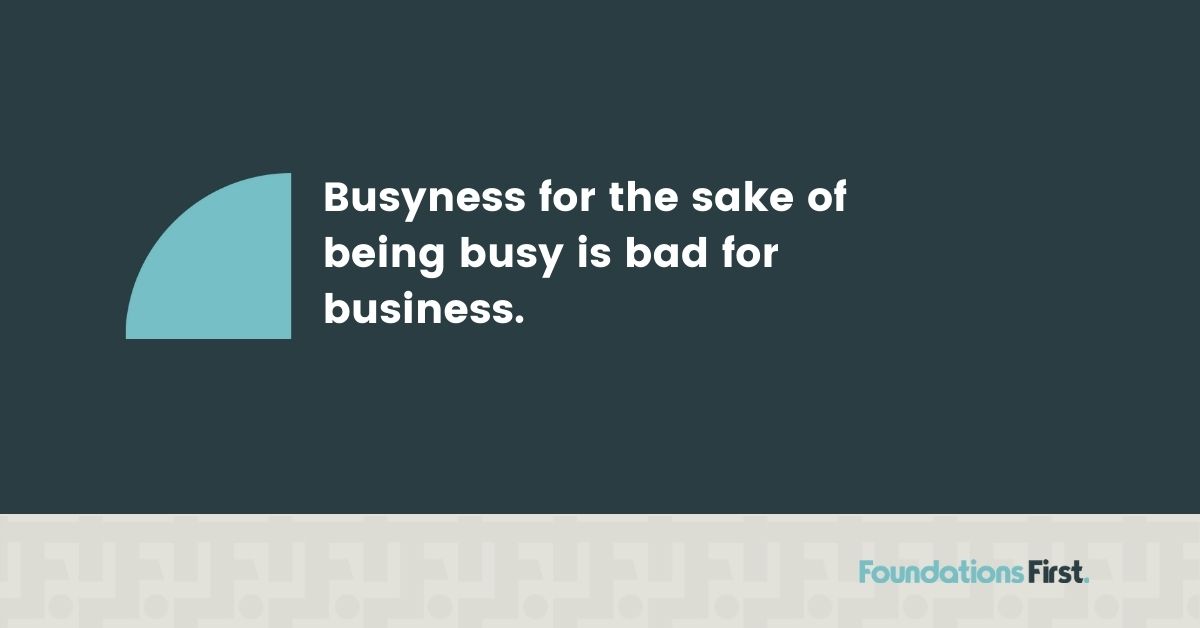Busyness is Bad for Business. Avoid Living in Reactive Mode by Planning.

Is your marketing department always on fire?
Reactive mode happens to all of us at one point or another. When you’re in reactive mode, you’re rushed, anxious, and overwhelmed. You feel like you can’t get it all done. It’s a feeling we all know and hate.
We each know when key analyst reports are coming out. We know when award applications are due. We’re clear on when annual conferences are. What about board of directors’ meetings? You damn well know when they’re scheduled!
If we know all these important dates, why in the hell are some marketing departments constantly on fire? Why is everything a huge rush all the time? Sure, it can happen occasionally, but in general, the timeline for the year is pretty much set.
If you’re experiencing a lot of rushing, panic mode, and team stress, you’re suffering from living in a reactive state. Marketing should be leading more than reacting. But don’t worry, we’ve seen this enough to know why it happens and what to do about it.
Living in reactive mode leads to marketing team burn out
The primary root cause of living in reactive mode is the lack of a marketing plan. I don’t just mean a tactical plan. I mean a core vision and purpose for the company. If you don’t know where you’re going, you can’t plan on how to get there. And you sure as hell won’t have the power to say “no” to random rush requests.
No plan. No direction. No reason to do or not do something. People in reactive mode simply make themselves busy to look and feel like they’re doing something…and that’s a problem.
Not convinced? Look up ‘hurry sickness.’ Apparently this is a thing and can lead to lower quality work, severe anxiety, and burnout.
Avoid getting off track by developing an effective marketing plan
The most effective way to avoid living in reactive mode is to develop a marketing plan. When you have a roadmap to get somewhere, you have built-in guardrails to keep you moving in the right direction.
Your marketing plan should include things like:
Marketing Key Performance Indicators (KPIs)
KPIs act as a guide to keep you on the best path to your goals. If the rush request doesn’t align with your KPIs and your vision, don’t do it. See how easy that is?
Marketing Staff and Vendors
Believe it or not, staffing and vendors can also cause marketers to live in reactive mode. You can’t be confident tasks are being handled if you haven’t set out a clear scope for staff and vendors. Tasks and responsibilities get diffused. Things get missed. When that happens, everyone rushes around trying to patch things up at the last minute. Developing a clear marketing plan allows you to guide staffing and vendors to make sure everyone is on track.
Living in reactive mode looks like a dumpster fire when it comes to marketing tactics
Did you ever wonder why reactive mode felt like such a mess? It’s because it is a mess! Here are some telltale signs:
- Scrambling to prep a presentation for a board meeting.
- Researching a marketing tactic because a random salesperson or board member asked about it (for example, a board member might ask why you’re not on TikTok, so you spend all afternoon getting stats and best practices for why you’re not on there).
- Big reporting requests coming in at 4 pm on a Friday – or you’re the one asking staff for facts and figures for a Monday morning meeting.
- No one takes a vacation. Ever. How can you ever schedule time off and take that time off without fearing that everything is going to fall apart?
- Here’s the big one that might trigger a lot of managers: if you hear the usage of the royal “we” in meetings when tasks are assigned. It sounds like, “We’ll prepare the new trade show booth graphics” instead of “Tony is going to prep the new trade show booth graphics.” Do you see the difference?
If one person owns the task, you’re in the clear. This comes back to scope for staff and vendors. When it’s not clear, things get missed and rushed.
A word to the founders and execs reading this – if you say “we” during meetings and think it’s not a problem, look at your team. Chances are you’re burning out one of your A-players who pulls a late night to meet deadlines and you don’t even know it.
Burnout on your marketing team costs you much more than slowing down
Living in reactive mode means you’ve gotten off track. Every single distraction and side project prevents you from reaching your goal. While you likely feel important because you’re busy all the time, is your busyness getting you to your goal? Probably not. If it is getting you to your goal, then it should have been planned for.
Look, things are always going to come up, but scrambling and rushing to get stuff done should be the exception–not the rule.
Slowing down has a cost…but weigh that against the cost of higher staff turnover due to burnout. Don’t piss off or burn out your A-players.
The cost of living in reactive mode is high. We are always happy to talk through the details of reactive mode and how you can start being proactive instead. We can do that during your free strategy session.
Free eBook:
Download Your Guide: 5 Signs You Have Critical Cracks in Your Marketing Foundation
Download your guide and stop cashflow leaks early.
Download Now (PDF)
Michelle Tresemer
Categories
- Analytics and Measurement
- Brand Messaging
- Competitor Analysis
- Content Marketing
- Digital Marketing Strategy
- Digital PR & Events
- Marketing Budgets
- Marketing KPIs
- Marketing News
- Marketing Rock Samples
- Marketing Staffing & Vendors
- Marketing Strategy
- Marketing Tech Stack
- Podcast
- Product Marketing
- Sales Marketing Alignment
- SEO
- Social Media
- Strategic Marketing Partnerships
- Target Markets
- Uncategorized
- Vision & Purpose
- Webmaster








